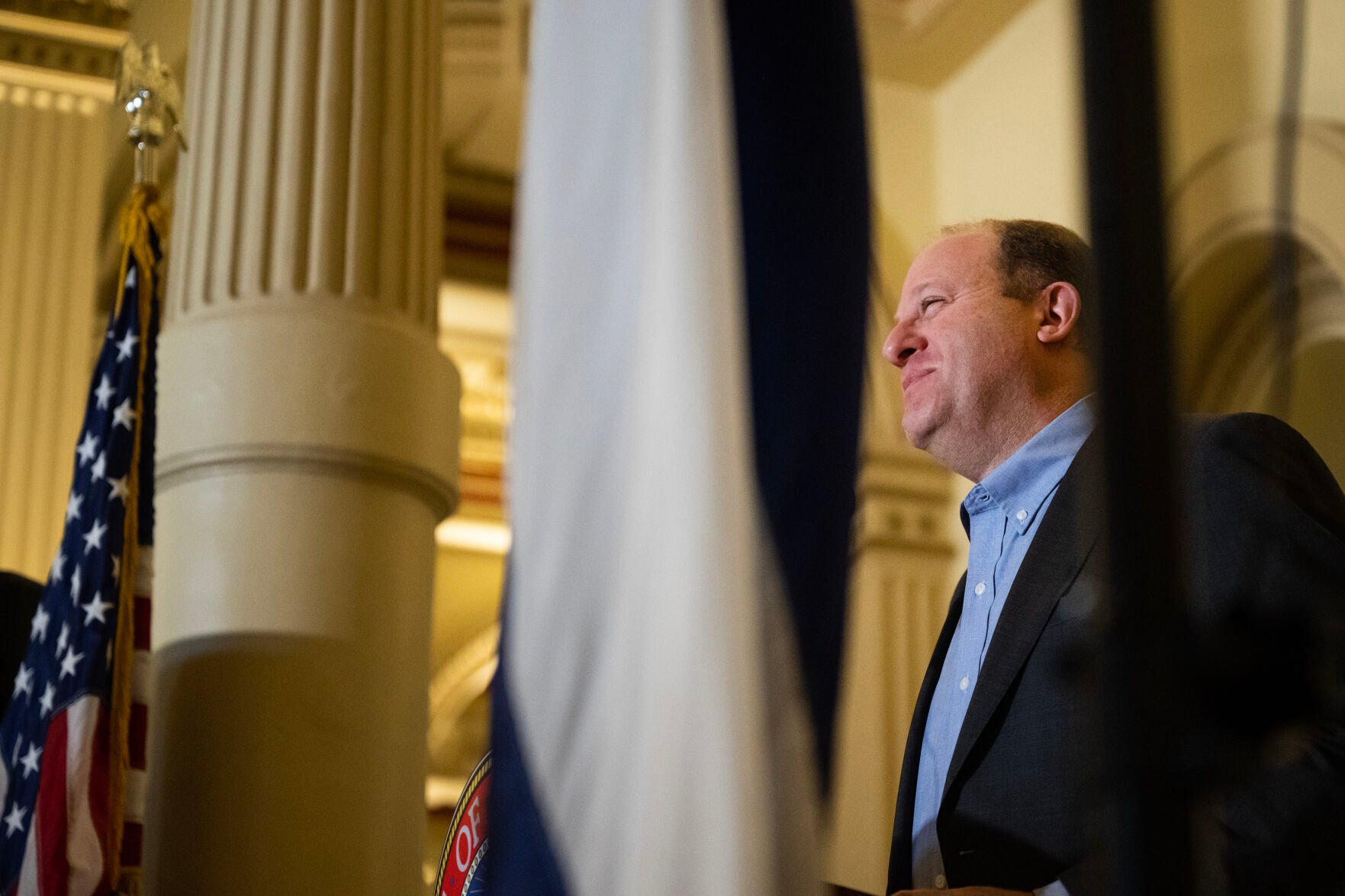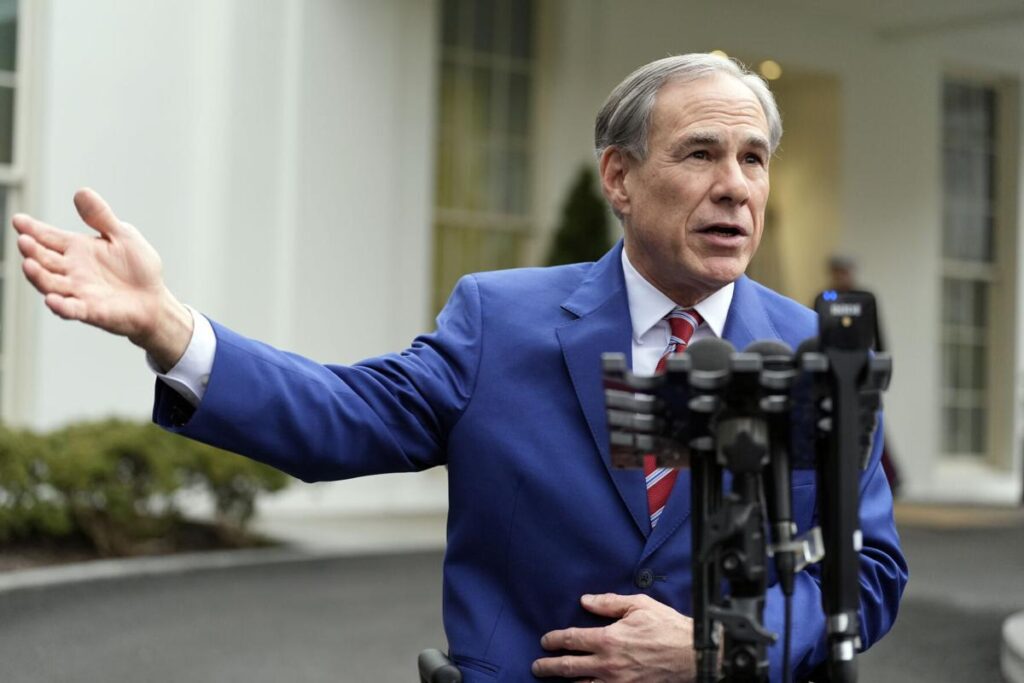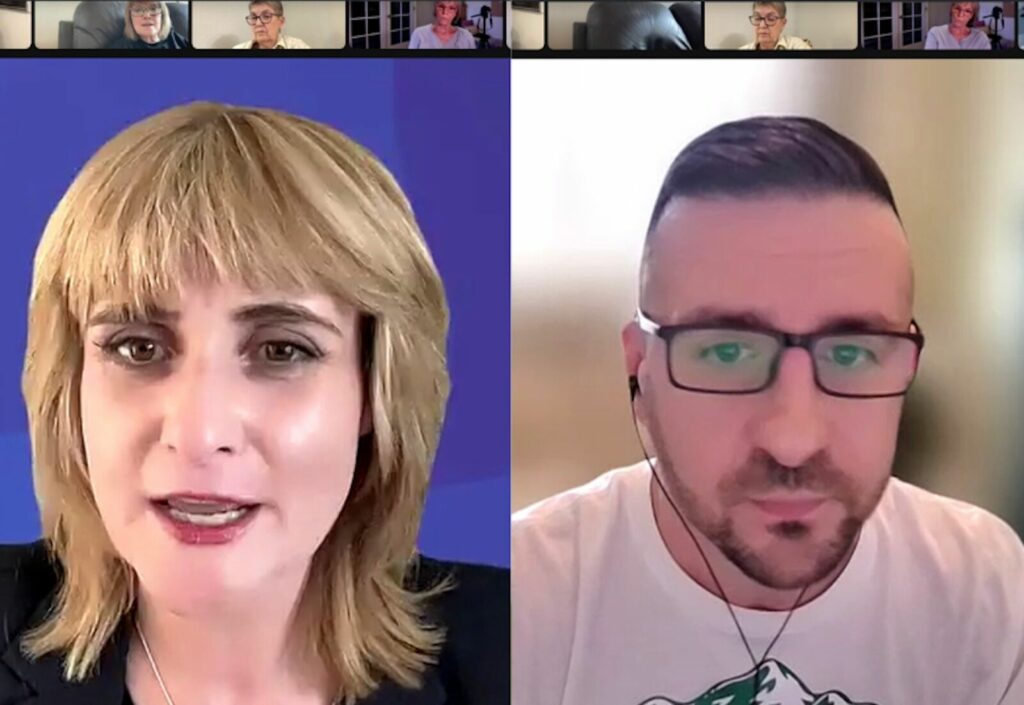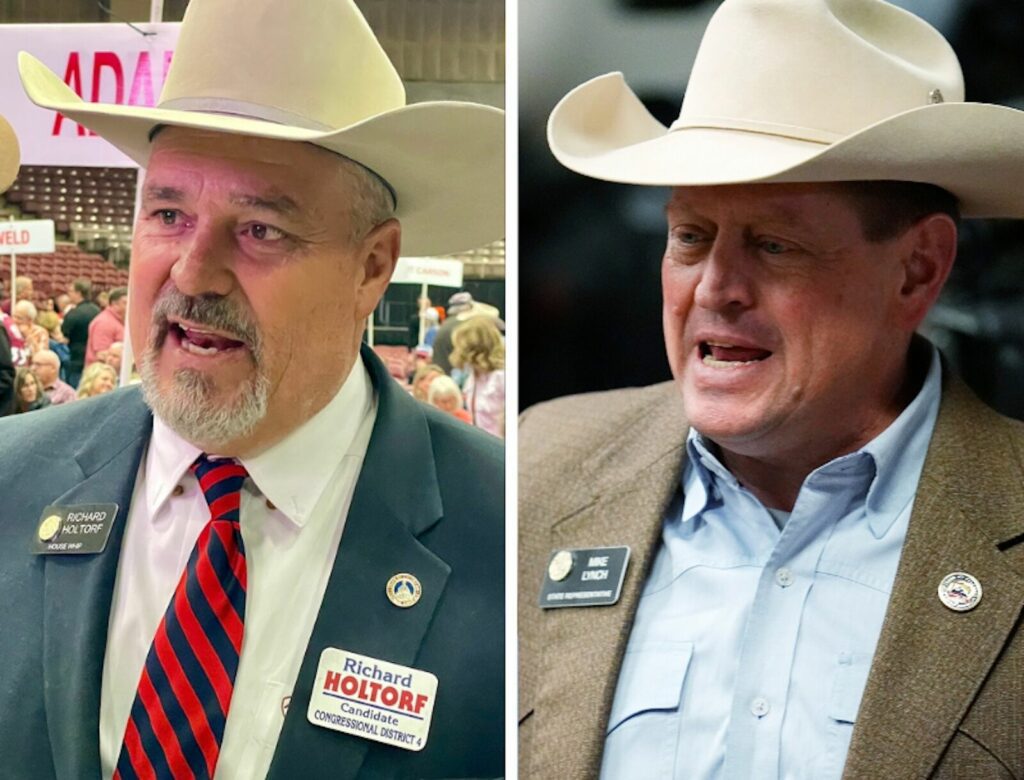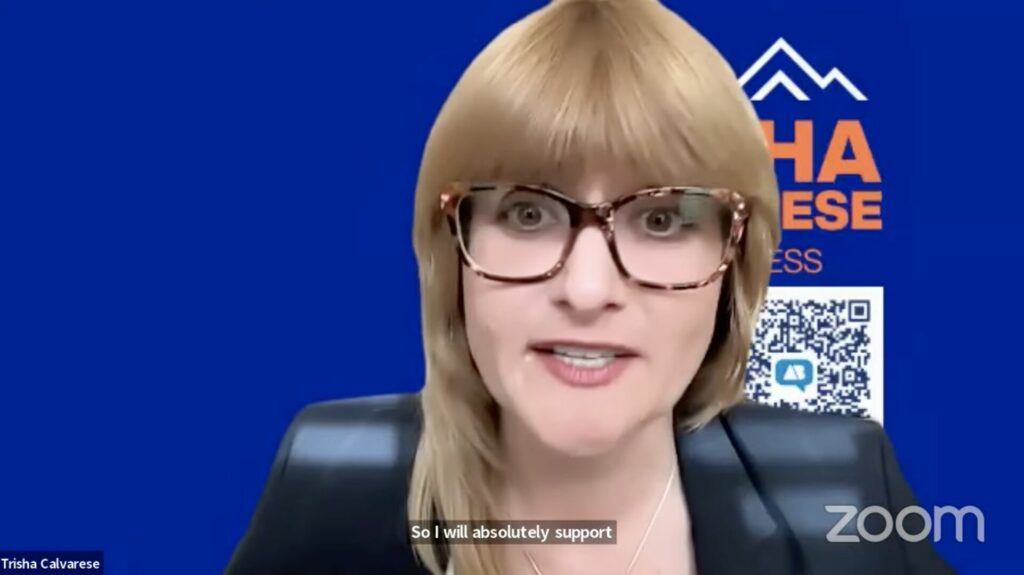Polis, governors to Congress, White House: Make immigration deal
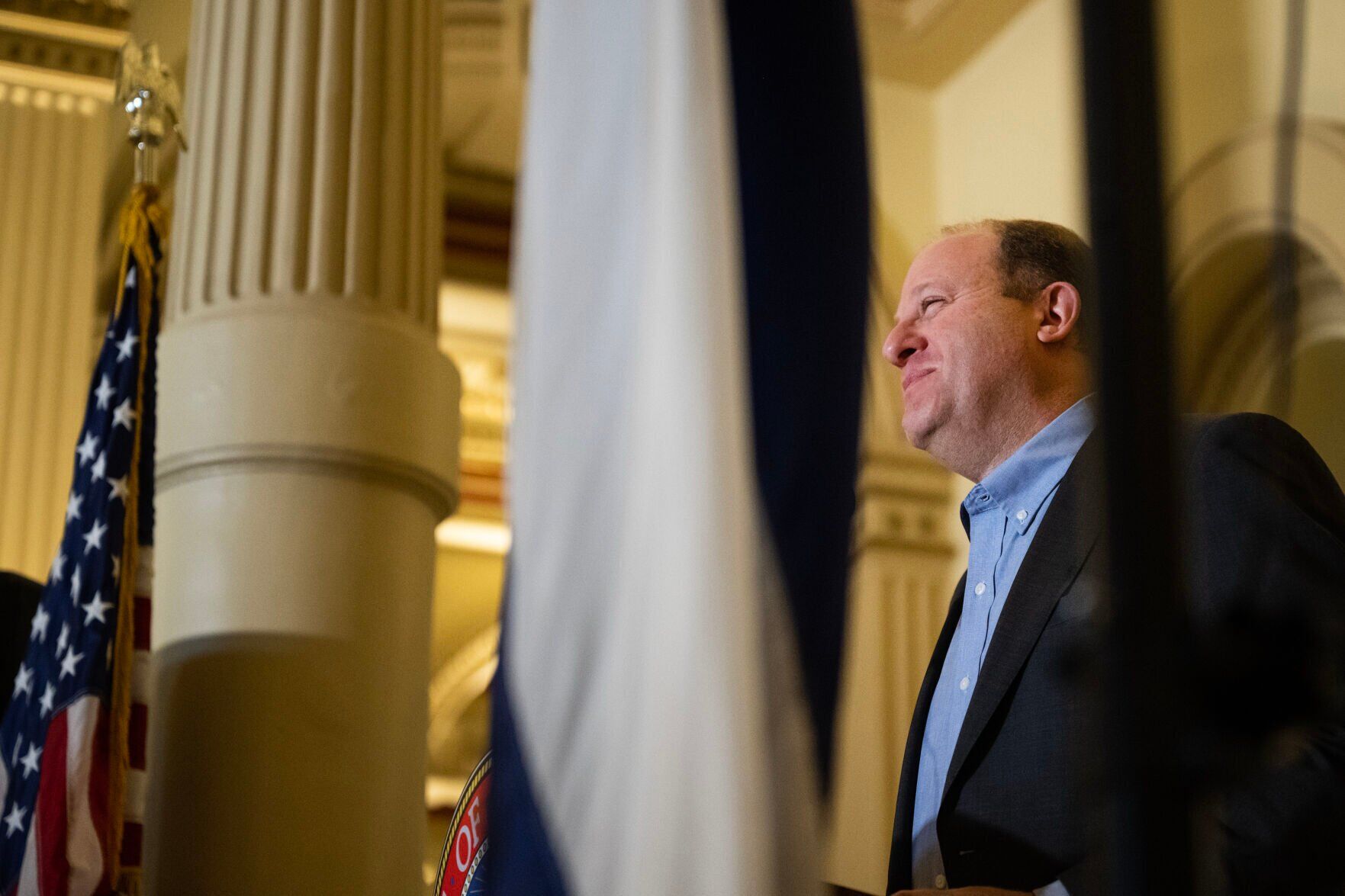
A cadre of Democratic governors – including Gov. Jared Polis – called on Congress and the Biden administration to reach a border security deal that includes funding to support states, such as Colorado, that are struggling to respond to the humanitarian crisis caused by an influx of immigrants crossing the border illegally.
“We need Congress to take action to secure our border and pass comprehensive immigration reform,” Polis said in a news release. “States can’t do this alone. It’s time to put politics aside and deliver the real solutions and support that states like Colorado, and many others, need.”
The group of nine governors urged Congress to quickly negotiate a legislative package that addresses border security and modernizes the country’s immigration system, while providing federal funding and coordination.
“The sustained arrival of individuals seeking asylum and requiring shelter and assistance, due to lack of congressional action on infrastructure and policies, can only be addressed with federal organizational support and funding to meet the public safety and humanitarian needs of our local communities,” the governors wrote.
“With ongoing conflicts around the world, global migration is at a historic high. States and cities cannot indefinitely respond to the subsequent strain on state and local resources without congressional action.”
Polis and the governors from California, Arizona, New Mexico, Illinois, Maryland, Massachusetts, New Jersey and New York cumulatively represent roughly 100 million Americans.
Echoing similar calls by Denver Mayor Mike Johnston, Polis and the other governors also pressed the federal government to find solutions that “supports our economy, immigrants and fixes our immigration system.”
After weathering another yet surge of immigrants, Johnston warned earlier this month that, without the crisis abating, the city could spend up to $180 million on the humanitarian response this year. He’s instructed department heads to find 10% to 15% in cuts.
Early in the crisis, city leadership decided to shoulder the responsibility and expense to temporarily house, feed and transport these new arrivals.
Historically, immigrants have favored traditional gateway cities, such as Chicago, Los Angeles and New York.
But over the past 13 months, Denver has welcomed nearly 38,000 immigrants at a staggering cost of $40 million to taxpayers. Despite state and federal grants totaling more than $14 million, Denver taxpayers are shouldering the bulk of those costs.
While more than 600 miles from the closest U.S. border with Mexico, officials and others speculate immigrants are drawn to Colorado’s most populous city because of its relative proximity and Denver’s status as a “sanctuary city.”
The letter was signed by nine governors, including all those in states that share a border with Mexico, which extends roughly 1,900 miles along California, Arizona, New Mexico and Texas.
Texas Gov. Greg Abbott is not among them.
It’s unclear whether Abbott was asked to be included as a signee.
Neither Conor Cahill, a Polis spokesperson, nor Andrew Mahaleris, an Abbott spokesperson, responded to a request for comment on Tuesday.
Over the past 20 months or so, Abbott’s busing campaign has transported more than 100,000 immigrants out of the Lone Star State to so-called “sanctuary cities.”
Generally speaking, a sanctuary city is a designation given to municipalities and counties that establish policies discouraging local law enforcement from reporting an individual’s immigration status to federal authorities.
Since May, the Republican governor has bused more than 15,900 immigrants to Denver alone.
That’s almost as many as he has bused to Washington D.C., Philadelphia and Los Angeles – combined.
Abbott has nabbed headlines for his strategies to curb illegal crossing, which includes sending immigrants to Martha’s Vineyard, stringing up barbed wire on the border, installing a 1,000-foot floating barrier in the Rio Grande and deploying the National Guard to El Paso.
In addition to the letter sent to the White House and Congressional leadership this week, Polis last year asked the U.S. Department of Homeland Security to expand protective status and work authorization to newly arriving Venezuelans fleeing a brutal regime, which the Biden Administration later did.
The vast majority of these new arrivals hail from South and Central America, particularly Venezuela.
Globally, about 7 million Venezuelans have fled the country.
Unlike immigrant groups from other countries who have immigrated for decades, Venezuelans do not often have a support system of family and friends already in the U.S.
This is part of the reason the response has been so costly for cities like Denver. All of the new arrivals – officials have said – are permitted to remain, pending the outcome of their immigration case.
Given that work authorization – if granted – can take months, these newly arriving immigrants will struggle to support themselves or require public assistance.
Last year, President Joe Biden proposed – as part of a $106 billion supplemental funding request for national security – $1.4 billion in aid to cities and states, along with $4.4 billion for a federal migration strategy.
“Without seriously securing the border, providing interior states relief and real reform the challenges facing states and localities will only grow,” Polis said.
